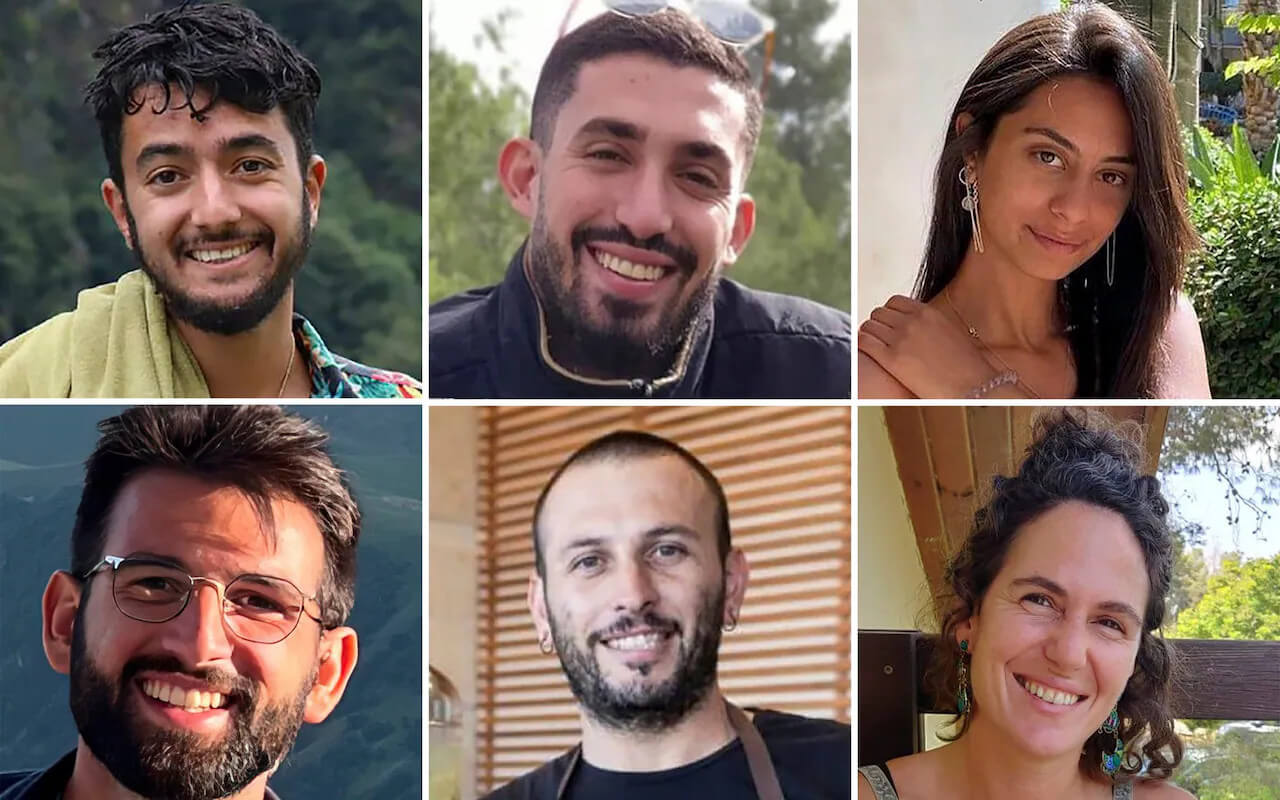Ghana’s Unity Faces Deep Political and Social Divisions Despite Peaceful Reputation
Ghana maintains its reputation as a beacon of peace in West Africa, yet significant divisions threaten national cohesion. The country’s celebrated unity masks growing rifts that split families, communities, and neighborhoods along political and religious lines.
Political polarization centers on Ghana’s two dominant parties: the New Patriotic Party (NPP) and the National Democratic Congress (NDC). These partisan divisions intensify during election cycles, creating tensions that extend beyond politics into personal relationships. Families find themselves divided by party loyalties, while neighbors face conflicts over political allegiances.
Religious differences compound these challenges, creating additional barriers between communities. Traditional practices clash with modern values, generating debates that further fragment social bonds. These cultural tensions reflect broader struggles between preserving heritage and embracing change.
The divisions contradict Ghana’s official narrative of unity, commonly promoted in schools and national ceremonies. While Ghana avoids the violent conflicts seen in neighboring countries, internal fractures reveal underlying social problems that require attention.
Building genuine unity demands addressing these root causes rather than simply celebrating surface-level peace. Ghana’s path forward requires bridging political gaps, fostering religious tolerance, and finding balance between tradition and progress.
The West African nation’s stability depends on confronting these divisions honestly while working toward authentic reconciliation across all sectors of society.










